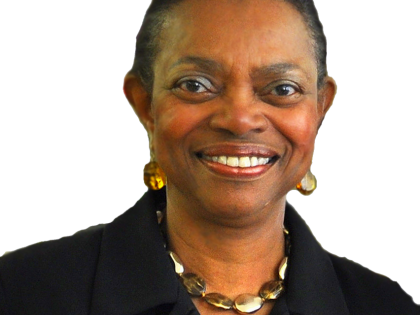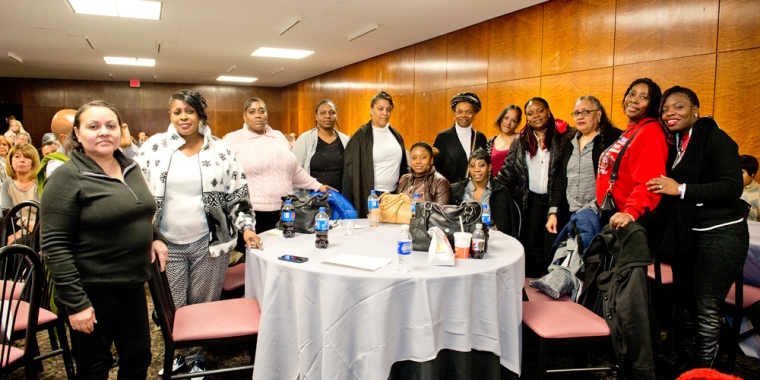
SERENDIPTY Residents Parade On Albany, Advocate for a Bigger Share of State Budget Funding
Velmanette Montgomery
March 4, 2015

Serendipity's community-based residential programs are available to both men and women in the criminal justice system who have a substance abuse problem requiring longer-term residential intervention. Serendipty I and Serendipty II also offers treatment to former prisoners re-entering society, as well as providing an effective alternative-to-incarceration to others so that they may become productive citizens who no longer are a burden to society
These programs use the therapeutic community (TC) model which has been achieving success for over forty years. Each Serendipity program consists of individuals living together while they work through the personal and practical issues that block them from living fulfilled and drug-free lives. Within a disciplined, hierarchical structure based upon peer self-help, participants gradually regain their self-confidence while furthering their education or job training, re-uniting with their families, and otherwise taking steps to return to society.
Clinical staff serve as counselors, rational authorities and role models for their clients: most are recovering substance abusers who are Qualified Healthcare Providers. Though individuals must accept responsibility for their own recovery, the Serendipity programs offer a proven path to ensure that each person will have every opportunity to be successful. Depending on their individual progress, participants can expect to spend approximately twelve months in the program, with scheduled outpatient follow-up.
Locations: Serendipity I for men is located in the Brownsville-Ocean Hill community of Brooklyn, within Community District 16. Serendipity II for women is in the Bedford-Stuyvesant community of Brooklyn, in Community District 3. Center in 2011.
Clients: Most clients are mandated by the courts, New York City Probation or New York State Parole, or through alternative-to-incarceration agencies such as Treatment Alternatives for Safer Communities (TASC) and Drug Treatment Alternatives-to-Prison (DTAP). Walk-ins are also accepted.
License and Funding: Both Serendipity Serendipity programs are licensed by the New York State Office of Alcoholism and Substance Abuse Services, which also provides their primary funding.
###